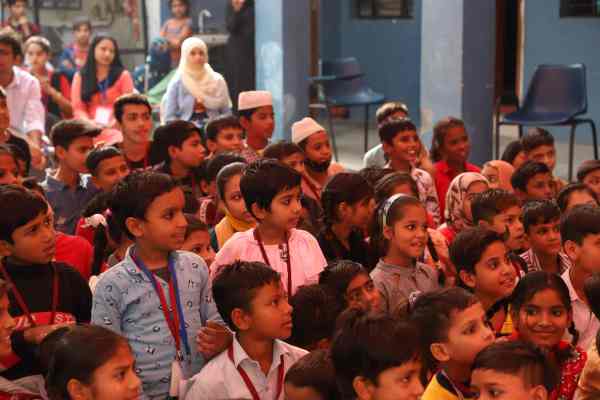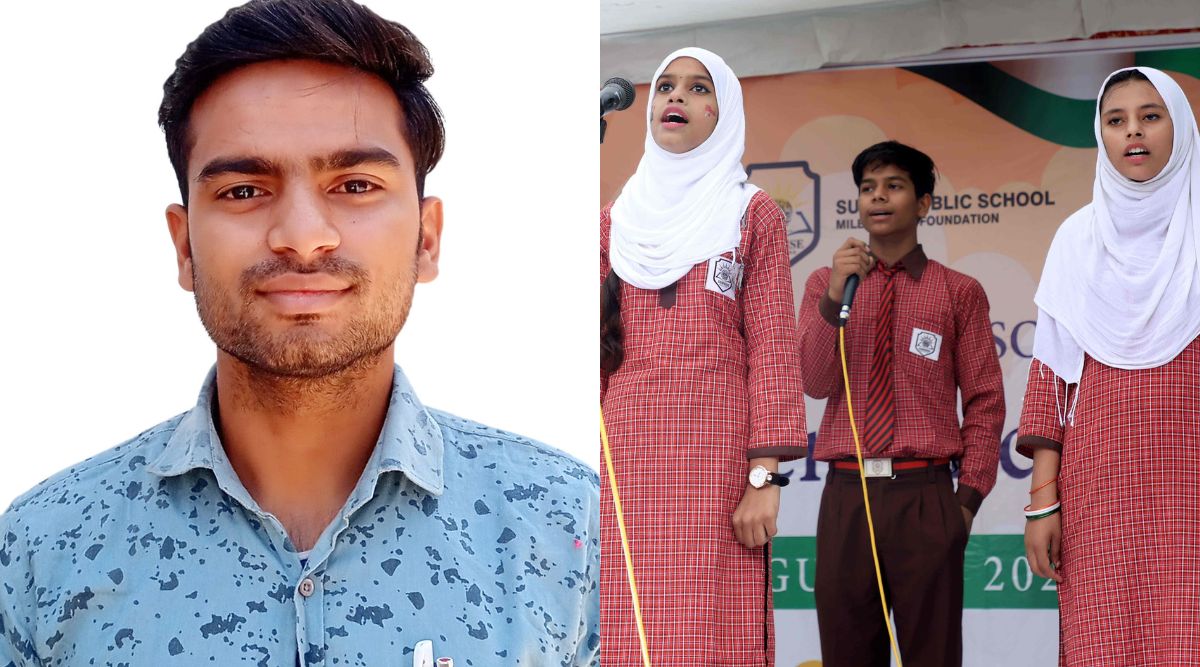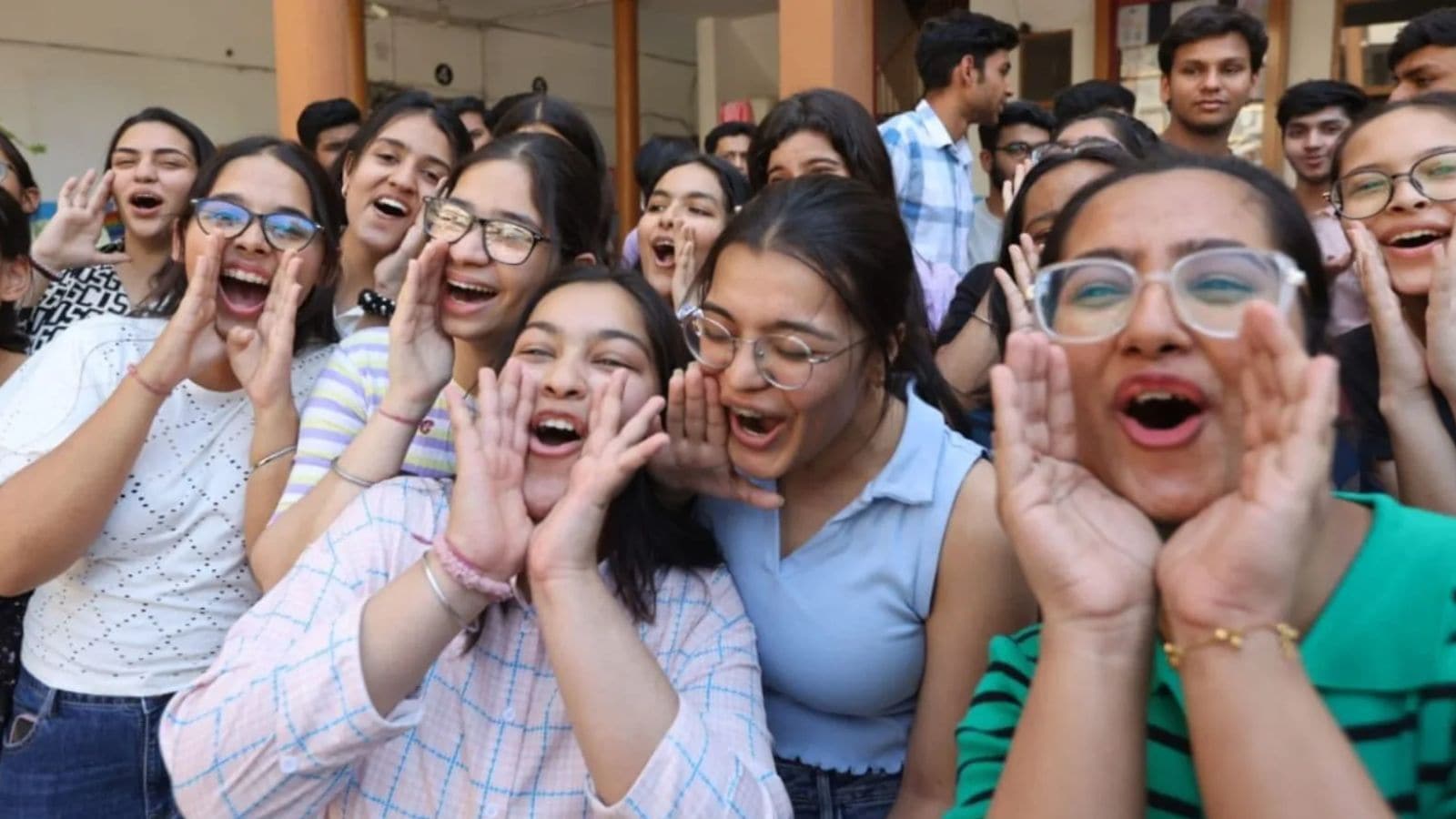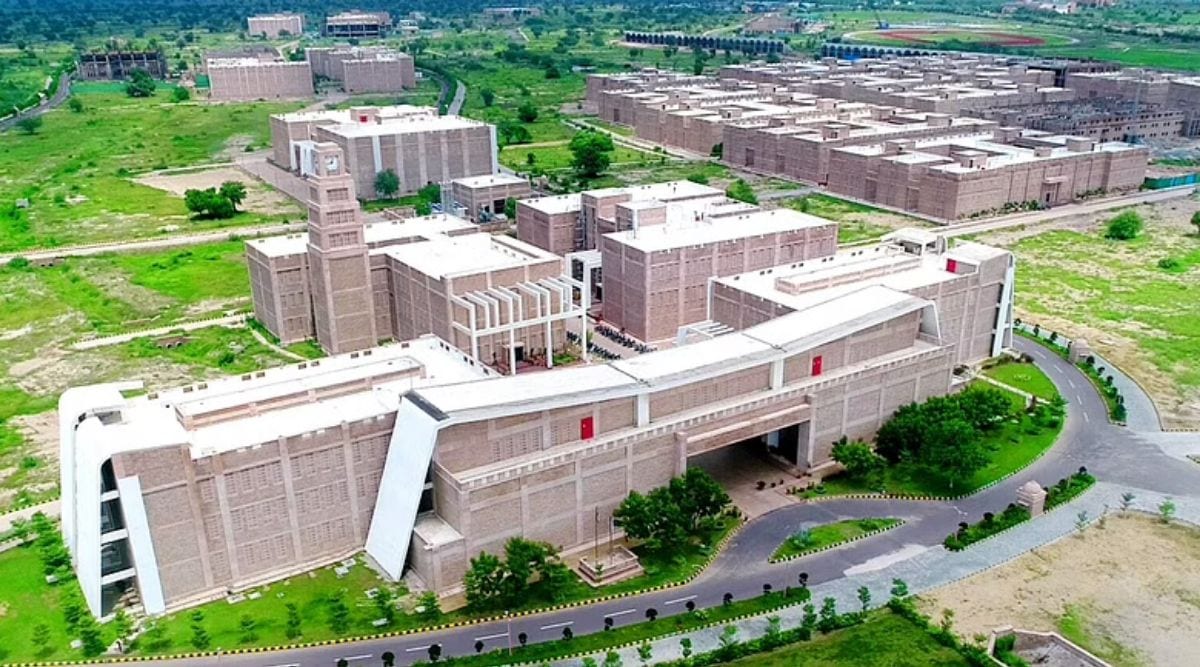For 24-year-old Islamuddin, a resident of Shiv Vihar, one of the worst-hit areas during the 2020 communal riots in Delhi, images of the incidents in February two years ago – his grandfather’s house being gutted by fire and his family’s motorbike being destroyed – would keep reappearing in front of him each time he heard a sudden sound or saw a group of people huddled together.
Today, he is teaching Hindi and Social Science to children affected by the riot and is trying to work through their trauma.
Islamuddin is one of 14 teachers at Sunrise Public School Loni, Ghaziabad which was started in August 2020 for children who were victims of the riot. It was started by the Miles2smile foundation, a non-profit run by Aasif Mujtaba who was then pursuing his Ph.D. at IIT-Delhi.
“In August 2020, after the violence and the national lockdown – I met some families who said they were not able to afford the education of their children because of the ‘double trouble’. Initially we thought that we could make a list of 10-15 troubled families and sponsor the children’s education. But when our volunteers went out to meet people about this, they came back with a list of 80 children,” said Mujtaba.
So the school started with 80 children, and over the last two years, the number of students has grown to 350, most of whom are from riot-affected areas, but there are also children from the school’s vicinity. According to Mujtaba, 22 students had lost their fathers during the riots.
The teachers, too, are from riot-affected areas, and seven teachers are from Shiv Vihar, including Islamuddin, who is currently doing an M.A. in Hindi Literature from IGNOU.
“I had never seen such things in front of my eyes before: petrol bombs being thrown, people shouting slogans from afar, threatening to kill. That was all a flash, but when it was over, and we tried to return to normalcy a week or two later, those scenes would not leave my eyes,” he said.
While teaching the children, he says, addressing their trauma is the most challenging part.
 (Express photo)
(Express photo)
“There are children who lost their homes and witnessed the violence, and then there are children who lost their fathers. It is still easier to explain what happened to the former. But for the latter, it was difficult to even call them to study and talk to them. In the early days, even if you mentioned the word ‘papa’ their eyes would start tearing up. We started with the older children, explaining to them that coming to school and studying is the best way to move on. We took them to a picnic, conducted competitions, told them to express themselves through writing, and gradually tried to create a sense of normalcy. We try to talk to them more about the future and what they want to do,” he said.
The school teaches children from nursery to Class 8, after which the foundation either helps to get the children enrolled in a government school or sponsors their education in a private school.
“We teach all subjects in the school but starting this session, since we are able to do physical classes fully again, we have decided to reduce the syllabus and spend more time on extra-curricular activities,” said Mujtaba.
!function(f,b,e,v,n,t,s)
{if(f.fbq)return;n=f.fbq=function(){n.callMethod?
n.callMethod.apply(n,arguments):n.queue.push(arguments)};
if(!f._fbq)f._fbq=n;n.push=n;n.loaded=!0;n.version=’2.0′;
n.queue=[];t=b.createElement(e);t.async=!0;
t.src=v;s=b.getElementsByTagName(e)[0];
s.parentNode.insertBefore(t,s)}(window, document,’script’,
‘https://connect.facebook.net/en_US/fbevents.js’);
fbq(‘init’, ‘444470064056909’);
fbq(‘track’, ‘PageView’);







